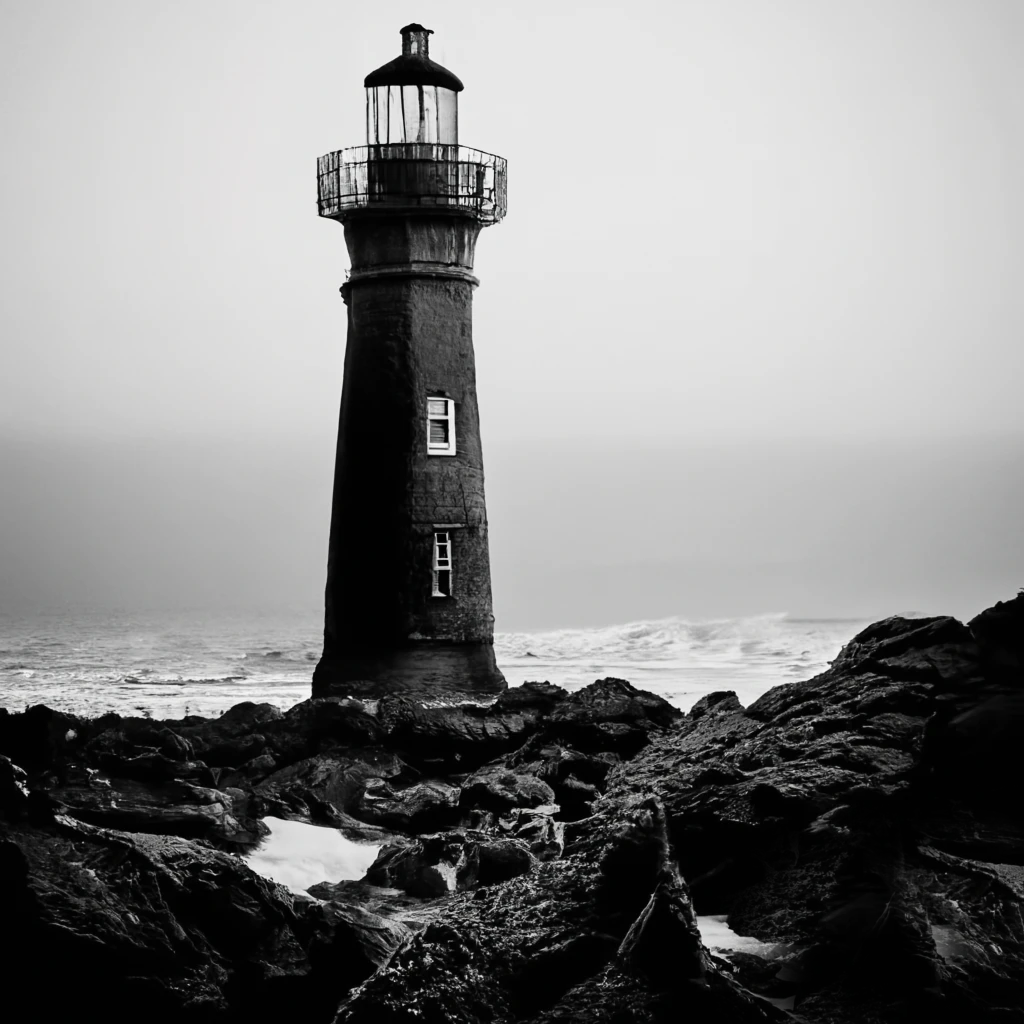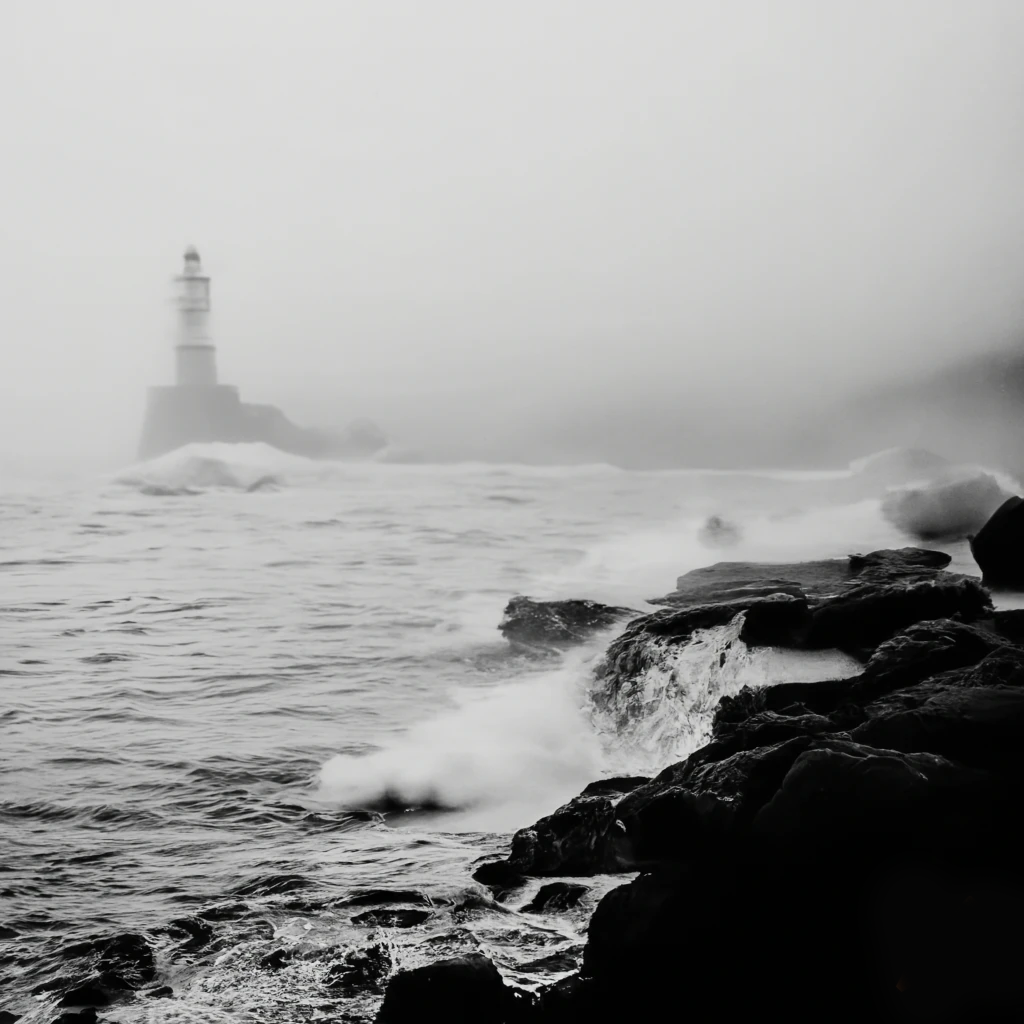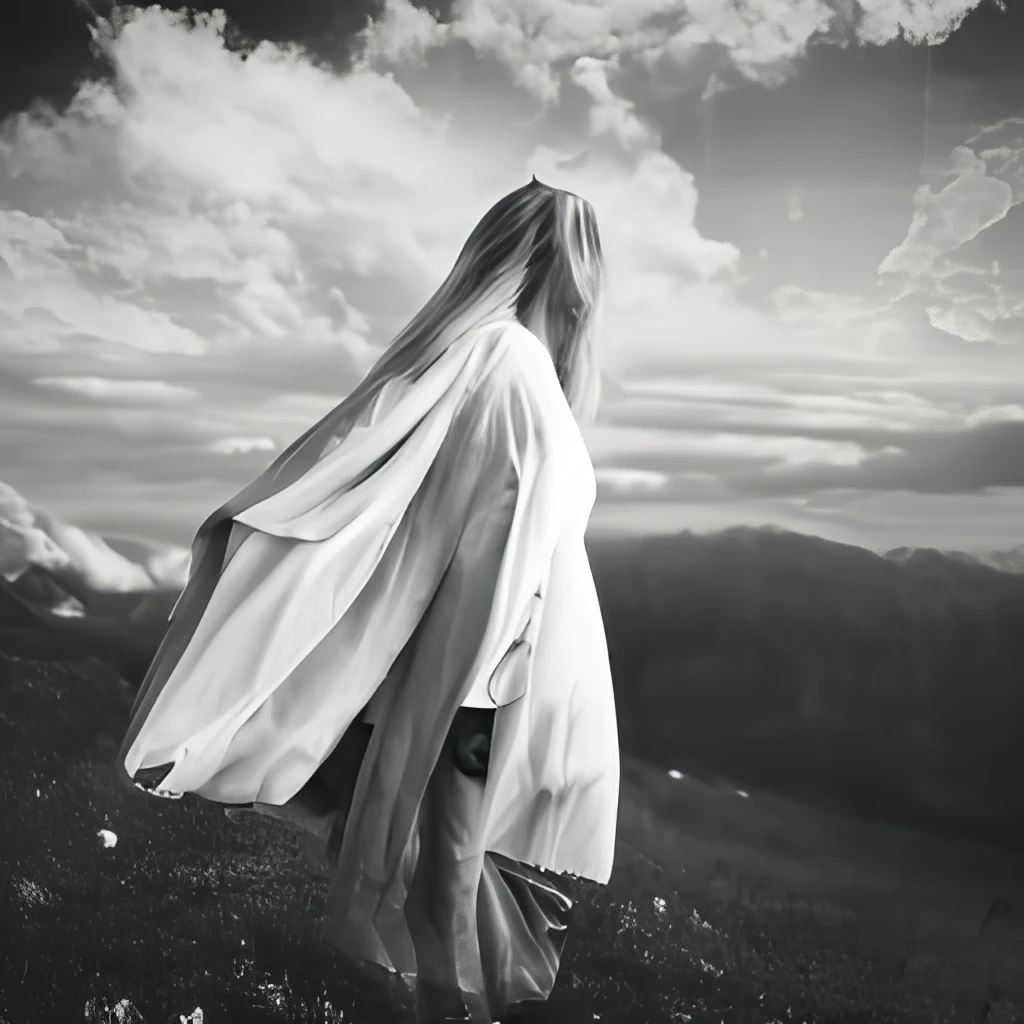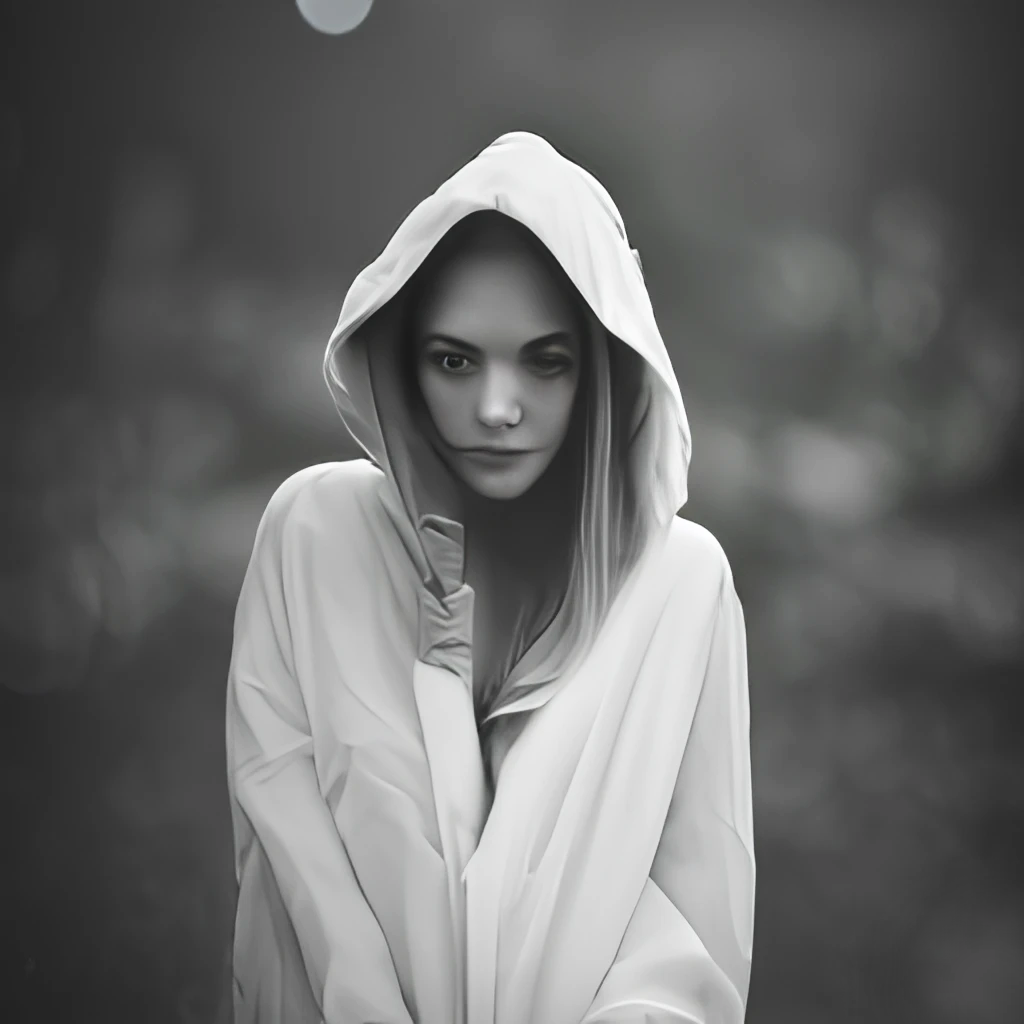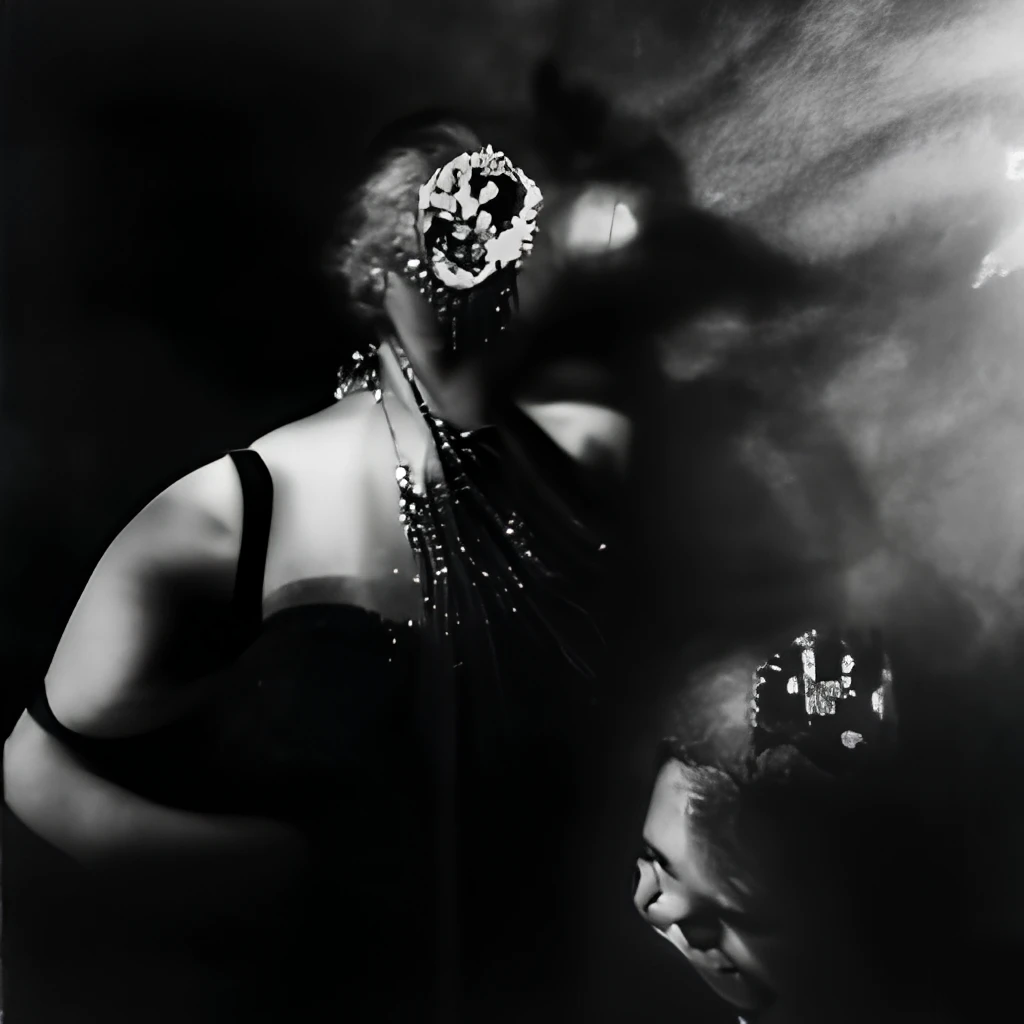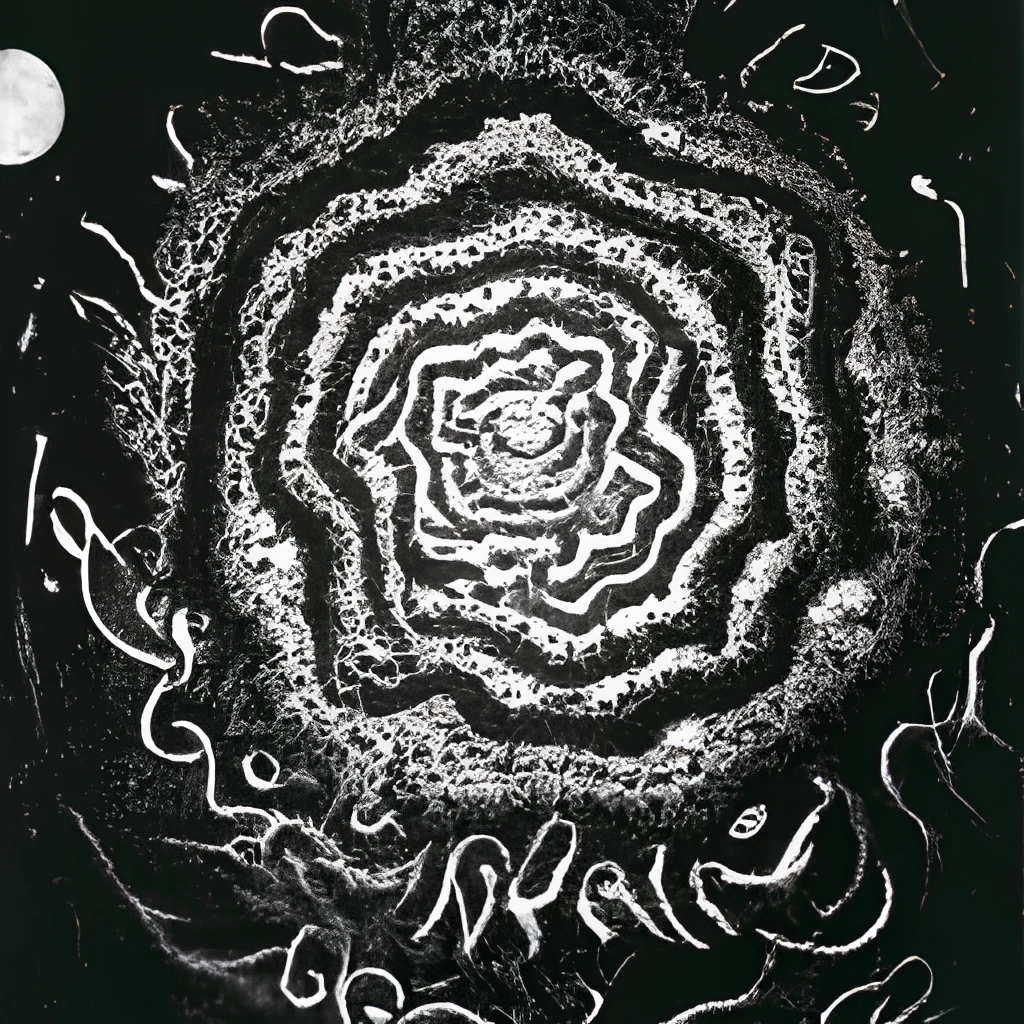AI versus film photography
As amazing as AI is as a technology, it certainly has made me appreciate analog crafts, such as film photography even more than ever before. As a comparison, AI versus film photography might seem like a weird one, but it actually raises a very interesting and lesser discussed point about visual creativity.
Oh and just in case you were wondering, this article is not AI generated.
Like many of us, I was very intrigued by AI when it really started to make rounds, not too long time ago. In fact, it seemed like surprisingly many people became an AI expert of some sort, almost overnight. I was very excited about it too (for a good couple of seconds) until I noticed that an increasing amount of the content I was following on Instagram, suddenly appeared to be AI generated. For some reason my appreciation for the artwork dropped as soon as I noticed it was AI based. Why was that? The image itself may have appeared visually pleasing and interesting on inspection, but somehow it lost much of its value when revealed to be AI generated. While this was happening more and more, I also noticed that my appreciation for actual photography (or any other actual artform for that matter) increased to a completely new level. Especially film photography started to feel somehow even more genuine and authentic. It was almost like comparing a real christmas tree to a fake plastic one.
I initially started writing this article some time ago, prior to having no first-hand experience in AI imaging, so I decided to give it a try before haphazardly passing a judgement. I ended up using craiyon.com. I’m sure there are better one out there, but this one seemed to suffice. I admit that it was fun and exciting for a while, but the novelty wore off surprisingly fast and the creative process didn’t feel fulfilling after a while.
Image generated using the text prompt: black and white film photo of rocky sea shore, heavy wind, splashing waves, mist, fog, lighthouse. Not a bad looking image, even though the much requested lighthouse is missing.
Another image from the same prompt definitely featuring a lighthouse this time. A bit wonky, but a lighthouse none the less. Thank you AI!
One more with some nice sea mist.
Who is the artist here?
I entertained the idea of retouching the images in Photoshop, trying to edit out some of the characteristic AI-glitches by over-painting parts of the image with my Wacom, but I faced a very nagging feeling. It bothered me that I could never take actual credit for the images, no matter how much I’d fool around with text prompts or retouching the images. I know many people are doing just that, perhaps trying to put enough of their own handiwork into the image, in order to make it feel more like their own creation. In reality though, they can only take true credit for coming up with the text prompt, selecting the images and editing them. It seems a bit like mansplaining when people are trying to make the creative process to appear more complicated than it really is. I absolutely understand that they wish they’d make the image from start to finish, because it’s very hard for the ego to admit that their creative part was negligible. The image might turn out fantastic and it is painful that they only kind of commissioned it, but not a single pixel of the core image was rendered by themselves.
If I’d commission an illustration from a human artist, wouldn’t the artwork be theirs, even if I’d have the idea and described it to the artist, much like giving a text prompt? Would it make it my artwork even if I’d do a touch-up myself? I haven’t checked but I’m pretty sure that there are already plenty of people referring themselves as AI-artists. I’m really not too sure what to think of that. Heck, maybe I’ll start calling myself chef after ordering a pizza with custom toppings.
I’d honestly keep hold both feet on the ground and admit that even though AI imaging might be a fun thing to do, and you can definitely create interesting stuff, it’s not exactly the highest art. No matter how exciting it is, I think we should take AI for what it is and not pretend to be some kind of creative geniuses even though we now have this amazing technology at our disposal. I’m sure this is wishful thinking because there are plenty of opportunists with smoke literally coming from their ears as we speak, while they’re trying to come up with their most imaginative text prompts for the most impactful images Instagram have ever seen.
Woman standing on top of mountain wearing white long robe and hood.
Cool anatomy bro. Not creepy at all.
Not exactly accurate human anatomy, but perhaps just these kind of glitches can turn from inferiority to creativity.
Glitches and imperfections — annoying crap or creative possibilities?
At this point you probably are aware that AI actually has a pretty primitive understanding of basic human anatomy. Sometimes it doesn’t even have the most elementary knowledge of how many limbs a human being has or that eyes typically point to the same direction. These kinds of imperfections are probably quite undesirable for the average AI artist because they can render the images either rather comical or disturbing. How ever, one could instead very easily embrace these imperfections by making intentionally weird and dreamy images. Some AI images actually really remind me of dreams, where the imagery typically is similarly unpredictable and distorted. At this point, I really have to admit, that AI is entering a really interesting territory when it comes to creativity. The sheer oddity, randomness and (perhaps accidental) inventiveness is something I really wish I would be able to implement somehow in my photography or any creative endeavour.
The really big elephant in the room is in fact, that AI can thus very easily generate seemingly much more interesting images that you or I could ever accomplish. Sure, there might be glitches, but the outcome can sometimes be more fascinating than most artist’s creativity or intellect would ever be able to compete with. It is very tempting to be able to create something like that and put seemingly small amount of actual effort into polishing the outcome in photoshop or just simply disguise the work as their own by not making a mention how it was made. Something like this is no doubt the direction where this whole thing is heading into. There is already so much of that stuff out there. I’d be surprised if it doesn’t lead into a complete inflation of visual creativity in the near future. We are going to drown in AI artwork to the point of exhaustion. I’m not saying it didn’t happen with photography, but at least it makes more sense to appreciate photography on an intellectual level, because it involves an actual craft and effort of human creativity. Especially on analog photography, that is almost a complete opposite of AI imaging in so many ways.
Elephant in the room.
Black and white “film photo” of Yog Sothoth.
Yog Sothoth is a sort of a character, or an entity rather, in H.P. Lovecraft’s works.
…just in case you didn’t know.
In film photography 100% of work is your own
Film photography is very process oriented where as AI imaging seems to be result oriented. Depending on just how old school you’re going, making a film photo with very little or no automation at all, gives a huge amount of satisfaction and sense of accomplishment because you’re being responsible for every single decision involving your creative expression, understanding of art theory and how to operate the camera (etc). Making an image isn’t just about the end result, but about the process as well. No matter how you look at it, AI “art” is really easy. On the other hand, whenever someone is able to show a beautiful, darkroom printed portrait of their friend or a loved one (who is an actual living and breathing person) using nothing more than a simple camera, a sunny 16 rule and some chemicals, automatically has my admiration for it’s authenticity and hard work.
I think AI generated images feel empty and soulless as opposed to an actual photograph that can be loaded with profound meaning and humanity. There is also a very concrete physical connection with the negative and the subject that enhances the sense of realness of the medium. The image was made with reflected light. The same photons (light particles) that rendered the image to the emulsion, were directly in contact with the subject. Even digital photography cannot compete with that because it simply isn’t as physical as a medium. Some people even goes so far as to question whether digital photo is a photograph to begin with. After all, the light hitting the sensor is merely interpreted by the software to a bunch of ones and zeros. I’m not personally going that far necessarily, but I’m mentioning this to drive the point home about how physical a film photograph is in so many levels. A real photograph has a certain amount of depth an emotion where as plastic emptiness somehow always seem to plague their AI generated counterparts.
As a bottom line, I’m concluding that I absolutely don’t hate AI imaging. I think it’s a very useful tool for some purposes (moodboarding or brainstorming perhaps or something similar) but not for serious work to call my own. The creative possibilities are definitely there even though there are going to be more of that stuff out there than anyone could ever care for. It has especially made me appreciate real artisan type of work even more and for that I am happy about.
(All images in this article copyright © 2023 artificial intelligence.)

